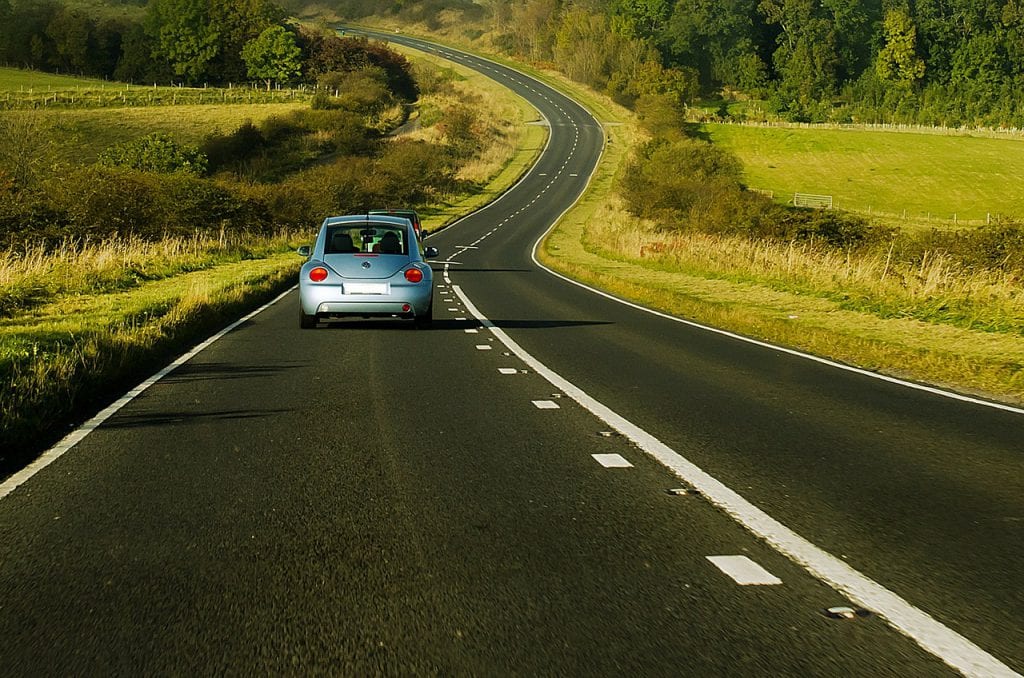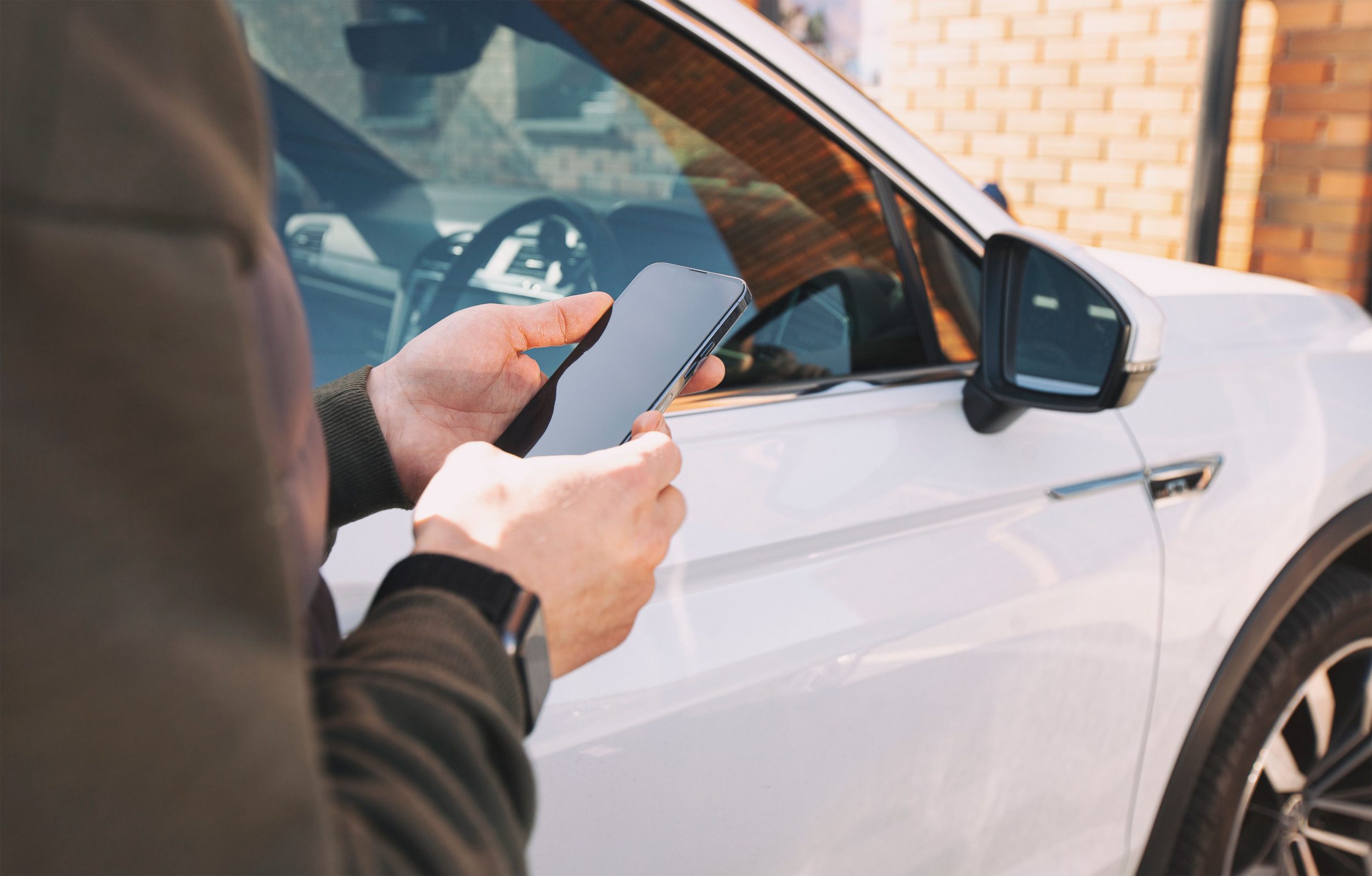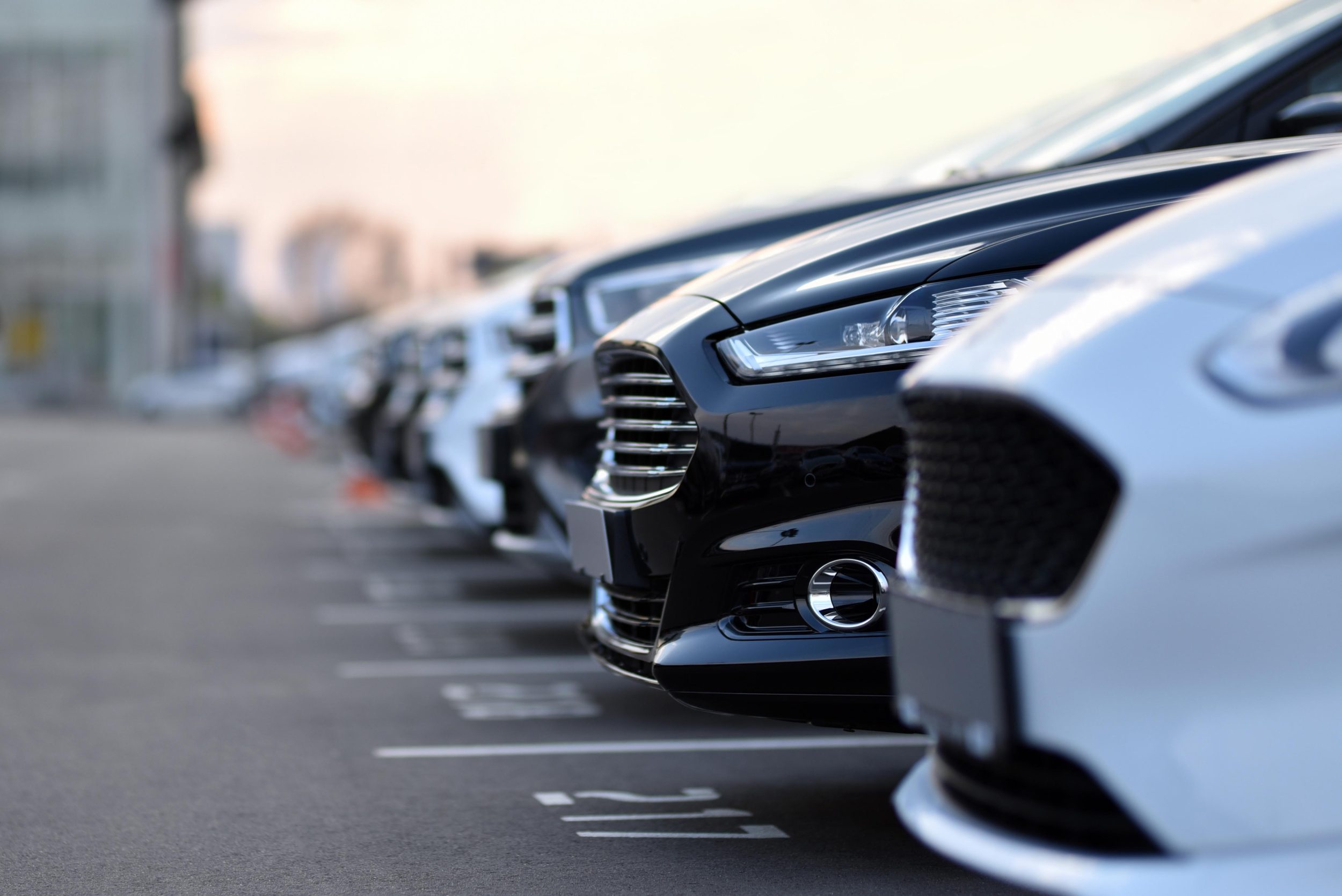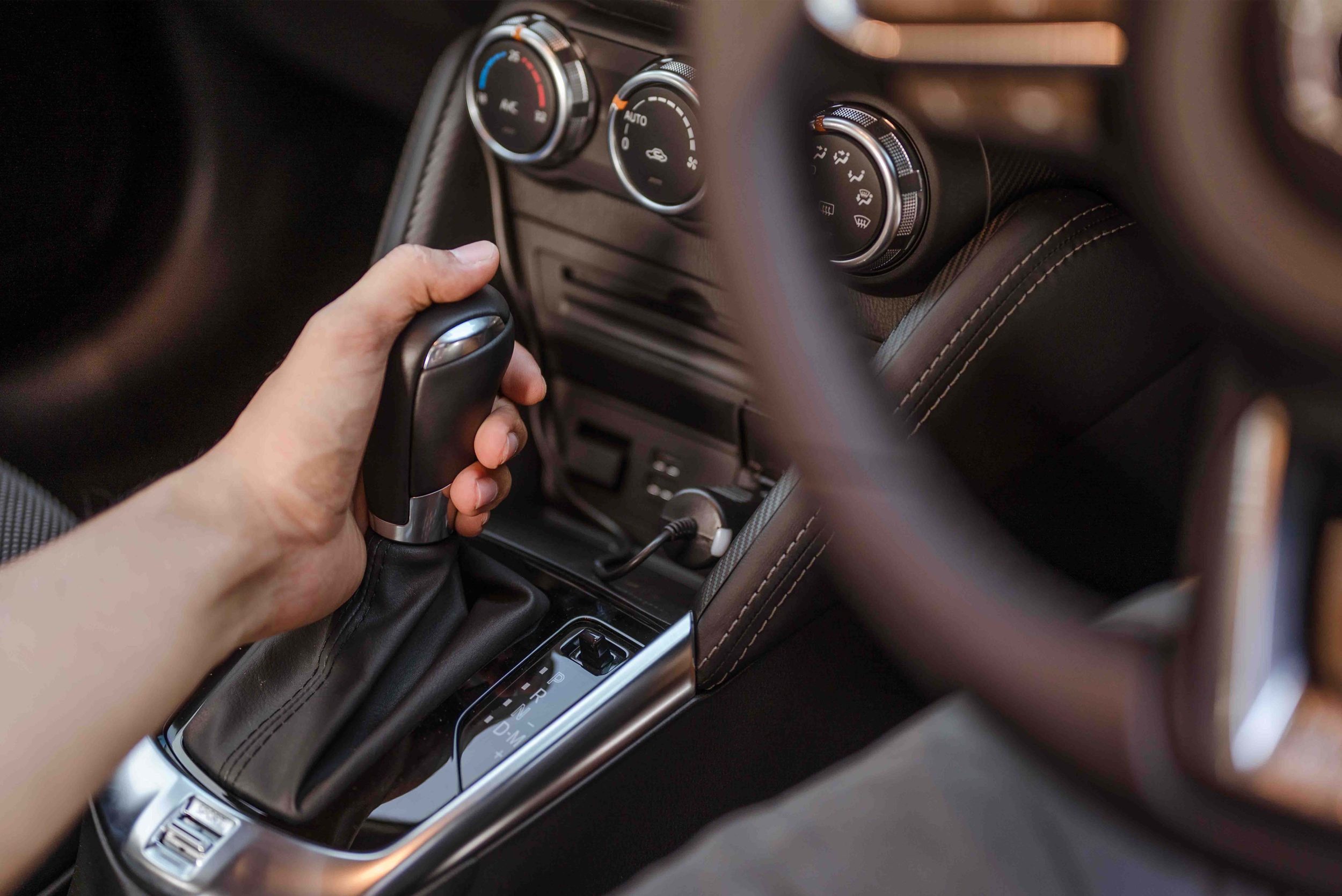We all want to save money and learning how to be an economical driver is a great way to do so. The less fuel you use on your various travels, the less money you will have to spend at the pump, simple. While different cars have different economy rates, there are a number of tricks and tips for improving your fuel efficiency; from good driving and planning ahead to looking after the car itself. You might be someone who drives a lot for work and is looking to pinch some pennies, you might be borrowing a car for a future road trip (don’t forget to buy temporary car insurance), whatever your situation, in this guide we present a few suggestions for how to improve your fuel efficiency.
READ ALSO: Future UK Road trip: Every attraction you need to visit
Look after your vehicle
Looking after your vehicle is obviously a must for getting you from A to B but it is also a good idea for those who want to be as economical as possible with their fuel use. Claire, who covers all things cars over on her blog Wotawoman Diary, spoke to us about her fuel efficiency advice, sharing that looking after your car is her top tip: “Your car can’t look after itself. Make sure you keep tyres in good condition and routinely change your fluids and filters. Keeping a car well maintained will ensure you are not using more fuel than necessary.”
Hassan, from the car news website Autos Community, shared with us his fuel economy tips, which include keeping your car in great shape: “Check your tire pressure at least once a month. Under-inflated tires burn more fuel than usual. Corroded battery cables cause the alternator to work harder, using more gas. Have them cleaned as a matter of course with each engine check-up.” Hassan also advises that drivers, “change the air filter at least the set number of times outlined in the owner’s manual – especially when you drive in dusty conditions.”
Don’t overload your car

It’s quite simple: the heavier your car is, the more fuel it needs to get you to where you need to go. As a result, it’s important that we don’t overload our vehicles if our desire is to be as efficient as possible on the roads. So, only taking what we need will be a nice easy step to take. John, the editor of the men’s lifestyle blog The Everyday Man, spoke to us about his advice for fuel efficiency, pointing this out as his top tip:
“Maybe a slightly random one but I always recommend people empty their boot. If you’re carrying around lots of extra weight it will have a knock-on effect. Some people have golf clubs, tools, prams etc in the book when they are not always needed. Empty it out and this will make a difference.”
Hassan from Autos Community also has some great tips in this department: “Think carefully about what you need on a journey. If you do not need something, do not pack it. Remove roof racks if not required, as they create wind drag. The lighter the load, the lower the fuel consumption and emissions. An extra 100 pounds in the trunk reduces a typical car’s fuel economy by one to two percent.”
Try to avoid rush hour
The more time you are on the road, the more fuel you are likely to use. As a result, rush hour is something that should certainly be avoided when looking to minimise that fuel consumption. When it comes to fuel efficiency, avoiding traffic is the top tip of Paul from the motoring news and reviews website Motor Verso, who shared with us:
“My big tip for looking at improving fuel efficiency would be focusing on avoiding traffic. Put very simply, consider the time of day that you are making your journeys. Avoiding rush hour might mean you can half the duration of your journey and considerably reduce the amount of time spent with your engine idling. I understand changing the work commute can be difficult. But is it possible to do your shopping or run errands at a different time of the day to save fuel costs? There will be some gains there.”
Drive smoothly and correctly

When it comes to driving, if you do anything quickly or suddenly, it uses more fuel than if you were to take things steadily. Constantly speeding up and slowing down is a nightmare for those fastidious about their fuel consumption so one of the best tips you can take on board is to drive as smoothly as possible. Of course, sometimes this can be out of your control when encountering traffic but if the open road is ahead of you, be consistent with your speeds and enjoy the journey, rather than rocketing to your destination. Accelerate steadily and move through the gears in a controlled and timely manner.
Autos Community’s Hassan shares: “Slowing down or speeding up wastes fuel. Also, avoid tailgating. Apart from it being unsafe, tailgating affects your economy if the other driver slows down unpredictably.” Hassan also advises: “Avoid ‘revving’ the engine, especially just before switching the engine off; this wastes fuel pointlessly and washes oil down from inside the cylinder walls. This is a terrible thing for the next start-up, as the cylinder walls will be dry.”
With some additional advice on driving smoothly and correctly to save on fuel, Hassan says: “Apply light throttle and avoid heavy braking, as this will help you reduce fuel consumption and wear and tear. Research suggests driving techniques can impact fuel efficiency by as much as 30 percent.”
Further still, Hassan shares that “driving in the highest gear possible without labouring the engine is a fuel-efficient way of driving. Travelling at fast rates in low gears can consume up to 45 percent more fuel than is needed. If you have an onboard trip computer, you probably have an ‘Instant fuel economy’ setting. Watch this gauge and keep the litres per 100 kilometres as low as you can.”
For some extra driving tips to helps fuel efficiency, Hassan advises: “When appropriate, use your cruise control. This can save you up to six percent in fuel consumption on the highway,” and “do not rest your left foot on the brake pedal while driving. The slightest pressure puts ‘mechanical drag’ on components, wearing them down prematurely. This ‘dragging’ also demands additional fuel usage to overcome the drag.”
Turn off your air-conditioning
Air-conditioning is a true-life saver, we all appreciate its benefits, keeping us cool during those hot summer months and cosy when temperatures start to plummet in the winter. However, having it on all the time isn’t the smartest idea when it comes to your fuel efficiency. Car reviews and deals website What Car? explains: “Unless it’s really cold or uncomfortably warm in the car, leave the air-con turned off. Using it can put a strain on the engine and burn more fuel, especially at low speeds. The same goes for heated windscreens, demisters and other electrical appliances.”
Of course, use your air conditioner when needed but try to refrain from having it on all the time. If you are really conscious about your fuel consumption, wrap up warm before hopping in the car when it’s cold and just open those windows when the sun is beating down.
Tips for improving fuel efficiency
- Look after your vehicle
- Don’t overload your car
- Try to avoid rush hour
- Drive smoothly and correctly
- Turn off your air-conditioning
As you can see, there are a number of things you can put into practice in order to save fuel and money. With some sensible driving and good car ownership, you can certainly start to edge that fuel consumption down ahead of your next journey.
For more tips, guides, and advice, make sure to visit our news page.



